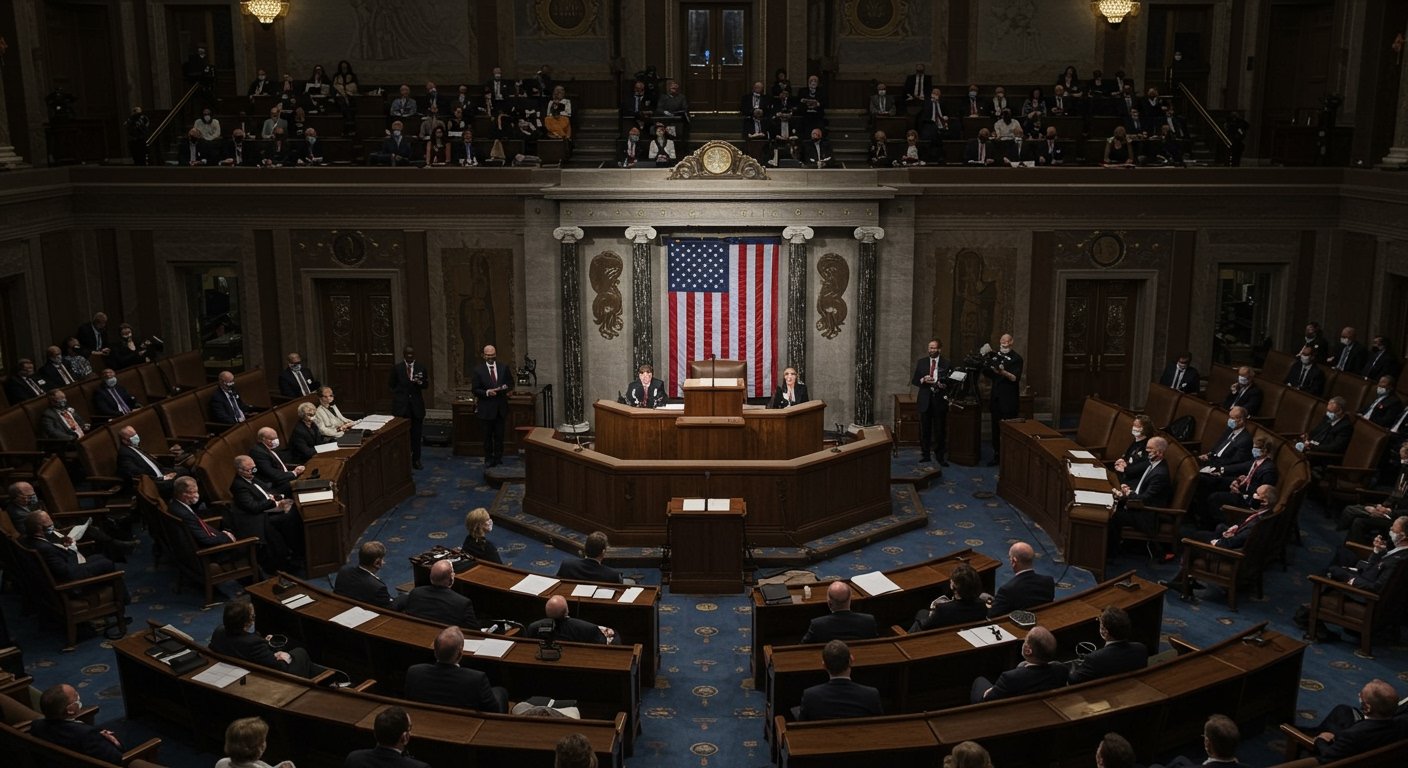Washington D.C. – United States President Donald Trump announced Tuesday that his special envoy, Steve Witkoff, is slated to travel to Russia next week to continue ongoing discussions regarding the protracted conflict in Ukraine. The high-level diplomatic engagement signals a continued effort by the Trump administration to find a resolution to the hostilities that have plagued Eastern Europe.
Diplomatic Schedule and Objectives
According to President Trump’s statement, Witkoff’s crucial visit is expected to take place around Wednesday or Thursday of the coming week. This trip aims to build upon previous dialogues and explore potential pathways toward a ceasefire. The specific agenda for the meetings was not detailed, but the focus remains squarely on de-escalating the conflict and addressing the geopolitical ramifications.
Economic Levers and National Security Concerns
The timing of this diplomatic outreach comes against a backdrop of significant pressure being applied by the United States. President Trump has previously issued stern warnings, threatening the imposition of severe tariffs on Russia if a durable ceasefire agreement with Ukraine is not achieved in the near future. This economic leverage is intended to compel Russia towards a peaceful resolution.
Furthermore, the President alluded to heightened military posturing in the region, mentioning the deployment of two nuclear submarines. While the specific strategic implications of this deployment were not elaborated upon, it underscores the seriousness with which the administration views the security landscape and the potential for wider regional instability.
Broader Implications for Global Politics
Witkoff’s mission to Moscow is a key development in the complex web of international relations surrounding the Ukraine crisis. The American administration’s approach appears to combine diplomatic engagement with the threat of economic penalties, a strategy aimed at influencing Russian decision-making. The successful outcome of these talks could have far-reaching consequences, not only for Ukraine and Russia but also for the broader European security architecture.
As the world watches for signs of progress, Witkoff’s meetings in Russia will be closely scrutinized by allies and adversaries alike. The outcome could dictate the future trajectory of US-Russia relations and the stability of the region. This news comes as part of ongoing developments in global politics and international news, with many keen to understand the administration’s next steps in navigating this critical geopolitical juncture.
The deployment of naval assets, including the mention of nuclear submarines, suggests that diplomatic efforts are being underpinned by a strong stance on national security. This dual approach highlights the administration’s commitment to both seeking peace and maintaining a credible deterrent. The coming days will likely provide further clarity on the substance of these discussions and the potential impact on the ongoing crisis in Ukraine.











